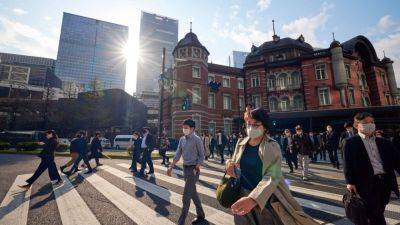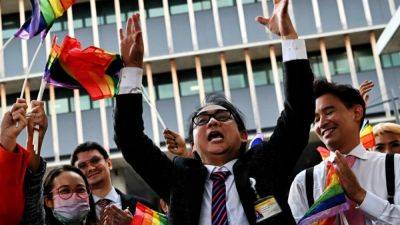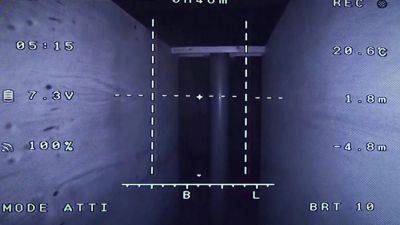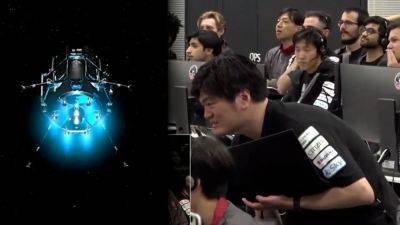Japan debates kicking out foreign workers who fail to pay pension contributions
He had been making the required payments into the country’s mandatory pension system while self-employed, he told This Week in Asia, but “let it slip” around a decade ago – and was hoping to fly under the radar until he leaves Japan for good.
But refusing to pay may no longer be an option. The state-run Japan Pension Service is set to get a raft of new powers to chase defaulters – including the ability to revoke foreigners’ permanent residency – under a bill the government is currently pushing through parliament.
“I never heard from them about my pension payments for years, but all of a sudden they are contacting me every few weeks,” said Peter, who did not reveal his family name or nationality for fear of repercussions. “I have always paid my income taxes, my city taxes and health insurance, but I overlooked my pension.”
All residents of Japan aged 20 to 59 are required by law to pay into the country’s National Pension System. The current monthly required contribution is 16,610 yen (US$107), regardless of income.
“Everyone knows that Japan has a huge national debt and that local governments are also finding it hard to pay for residents’ services, so it should not be a surprise that they are looking for ways to bring in more money,” said Peter, a resident of Kawasaki city. “Now, I don’t think there is any way to avoid paying.”
The bill currently being discussed by Japan’s parliament, which would allow the government to take action against foreign nationals who fail to pay their taxes or social insurance contributions, was introduced in anticipation of an increase in the number of foreigners settling in the country.
But opposition politicians have criticised the proposed legislation for effectively threatening foreigners who







